Recently, the number of measles cases has concentrated to increase in many provinces and cities, especially in densely populated areas.
The Tropical Disease Center – Bach Mai Hospital is also treating many patients with measles. Notably, in addition to children, many adults are also infected with the disease and have complications affecting their health.
A typical example is patient THB (female, 37 years old, in Nam Dinh ). Medical history shows that the patient had a fever for 3 days, then a red rash appeared from the face and neck, then spread to the whole body, accompanied by a sore throat, abdominal pain, diarrhea, and difficulty breathing.
At the local hospital, the patient was diagnosed with rash fever/leukopenia, increased liver enzymes, pneumonia, and after antibiotic treatment did not improve, he was transferred to Bach Mai Hospital.
After testing, the patient was diagnosed with measles with pneumonia complications. Currently, after 3 days of treatment, the patient is out of danger.
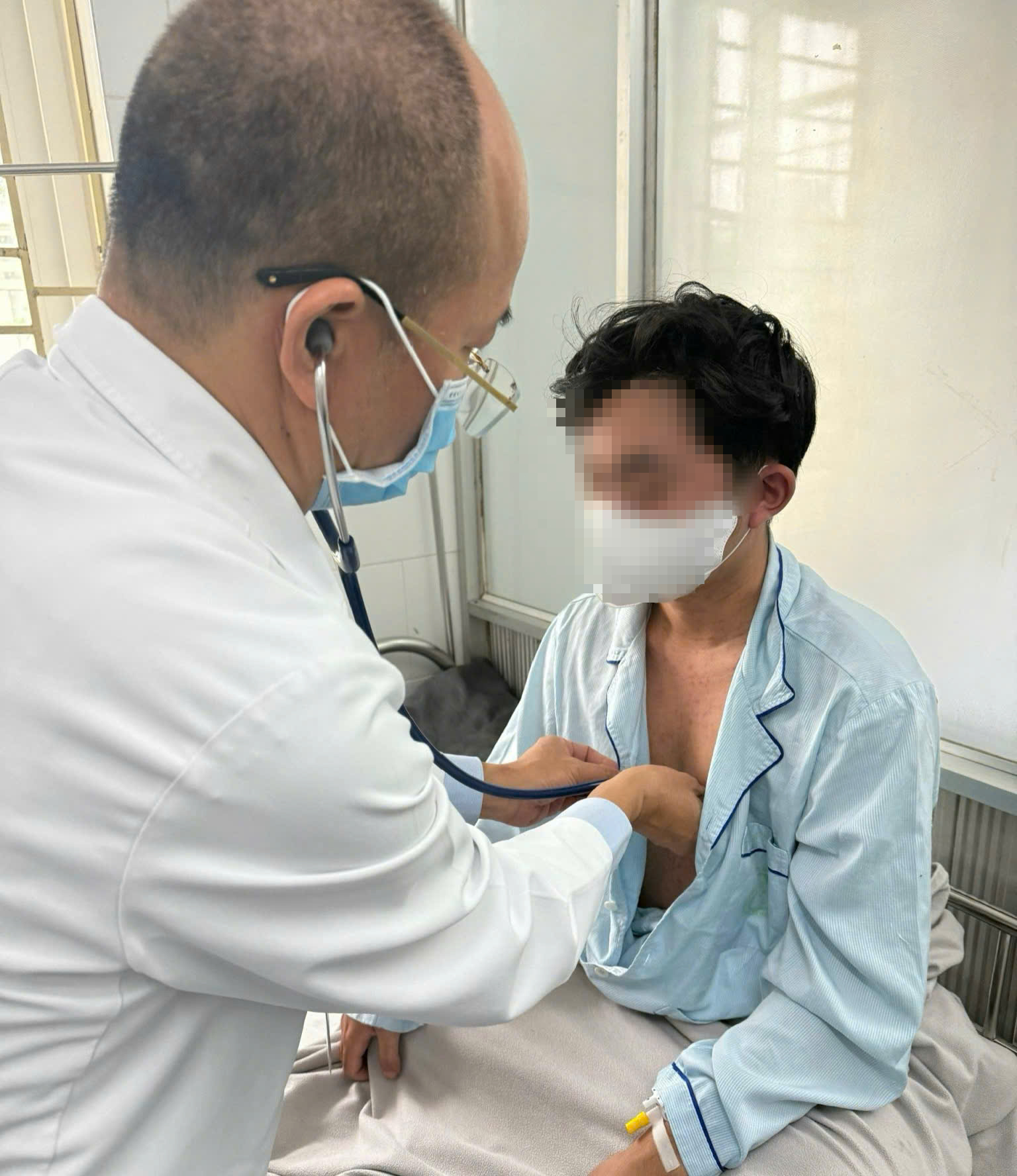
Doctor examines patient. Photo: BVCC.
Another case is male patient NVA (38 years old, in Thanh Hoa ). The patient had a history of good health. Before being admitted to the hospital, the patient had a fever for 5 consecutive days, accompanied by a sore throat and upper respiratory tract infection.
After 3 days, the patient developed a rash, initially on the back of the head spreading all over the body with itching and discomfort. In the following days, the patient had abdominal pain and loose stools 4-5 times a day. After being admitted to the provincial hospital, the patient was diagnosed with rash fever. Treatment did not help, the patient coughed a lot and was transferred to Bach Mai Hospital.
At the Center for Tropical Diseases, after examination, doctors discovered that the patient had a suspected rash syndrome of measles, accompanied by upper respiratory tract inflammation syndrome. Examination of the throat revealed Koplik spots, which are white spots on the mucosa of the right cheek, plus signs of red eyes and swollen eyelids.
The patient was tested positive for measles virus. After 5 days of intensive treatment, the patient recovered and was discharged from the hospital.
In addition, a new patient was admitted to the hospital, VTT (21 years old, student in Hanoi ). Three days before being admitted to the hospital, the patient had a fever, accompanied by a rash that first appeared on the face and back of the neck, then spread to the whole body, accompanied by cough, watery eyes, and runny nose. The patient was diagnosed with an allergy, and after testing positive for measles, was transferred to the Center for Tropical Diseases for further treatment.
Be careful of measles complications in adults
According to Associate Professor, Dr. By Duy Cuong - Director of the Center for Tropical Diseases, Bach Mai Hospital, measles is an acute and dangerous infectious disease transmitted through the respiratory tract caused by the Paramyxoviridae virus. Measles virus is easily transmitted through the air or, susceptible to unvaccinated children or adults when the amount of antibodies in the blood decreases.
Measles in adults and children can cause dangerous complications such as encephalitis, pneumonia, conjunctivitis, keratitis, secondary infections causing otitis media, enteritis and other infections that greatly affect health and even endanger life.
Many adults subjectively believe that measles only occurs in children, so they do not go to the doctor and get treatment. For pregnant women, measles also has a negative impact on the mother's health and affects the fetus, especially in the first 3 months of pregnancy.
According to experts, measles, as well as some other infectious diseases such as diphtheria, whooping cough, tetanus, etc., can be safely prevented by vaccination. The current measles vaccine for adults is the 3-in-1 MMR vaccine (measles - mumps - rubella) which will help us prevent the disease and prevent complications.
In addition, it is necessary to maintain environmental hygiene, personal hygiene, improve health to increase resistance, and wear a mask when in contact with sick people to prevent the risk of disease.








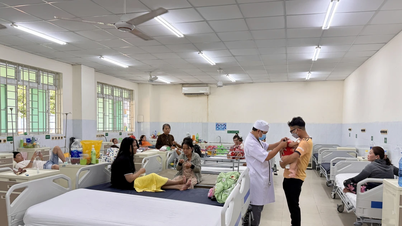



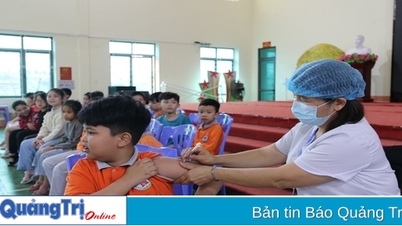


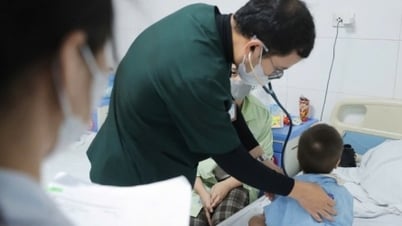

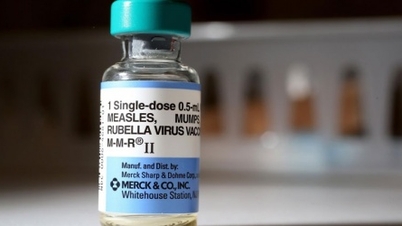
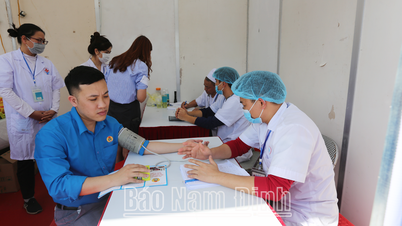




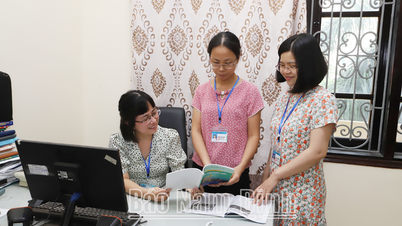
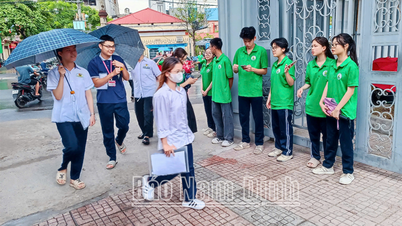































































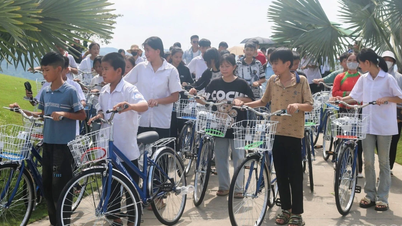



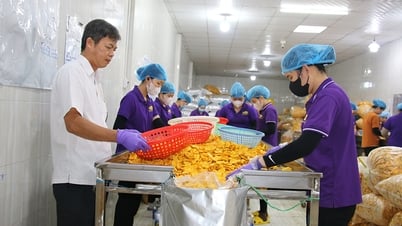

![[OCOP REVIEW] Bay Quyen sticky rice cake: A hometown specialty that has reached new heights thanks to its brand reputation](https://vphoto.vietnam.vn/thumb/402x226/vietnam/resource/IMAGE/2025/7/3/1a7e35c028bf46199ee1ec6b3ba0069e)



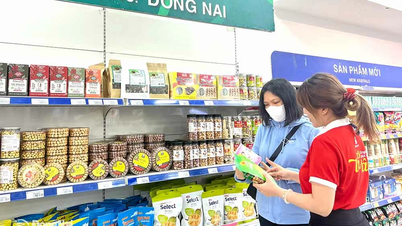





Comment (0)